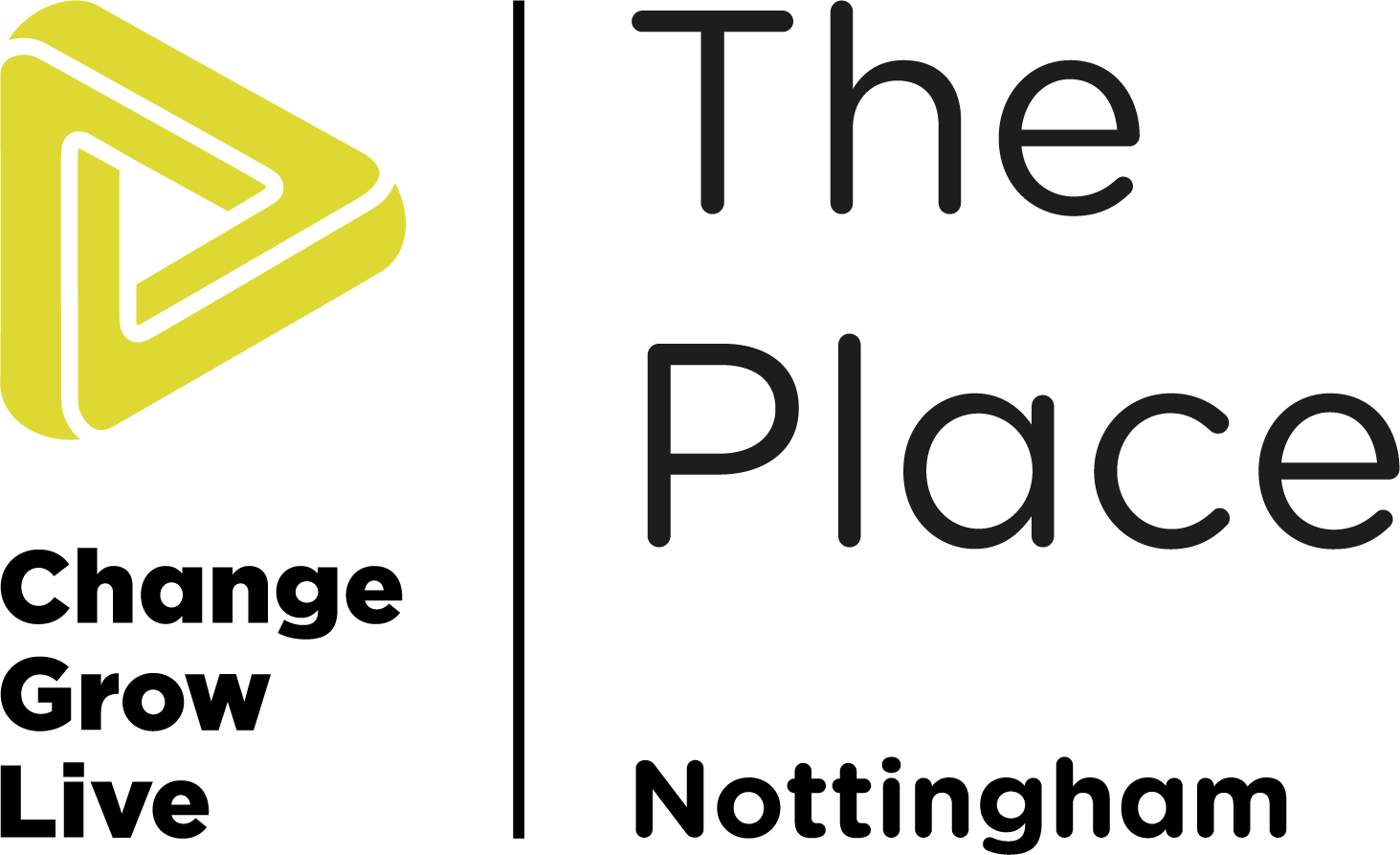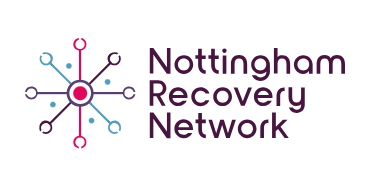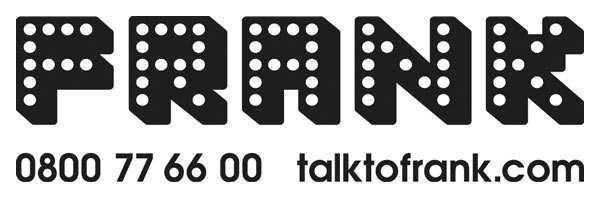A child or young person I know needs help with…
Drugs and Alcohol

Why a child may use drugs or alcohol
It is not uncommon for young people to experiment with drugs and alcohol at some point. Smoking, drinking and trying drugs are common ways to do this. However, substance misuse can be dangerous to young people’s health and wellbeing. All drugs have the potential to cause harm.
If you are worried about a child’s use of drugs or alcohol and you think they may be using substances to manage a mental health difficulty, please speak to a professional and consider a referral to safeguarding processes where appropriate.
Talking to children about drugs and alcohol
It can be difficult to talk to a child about their use of drugs and alcohol. Having open conversations helps the young person make informed decisions about their substance use. How to talk to someone about their drug use.
- Do not panic
If you find out a child has tried drugs, your first reaction may be anger or panic. Wait until you’re calm before discussing it with them and show them support and concern rather than anger. - Do your homework about drugs
Make sure you know enough about drugs to talk to the child in an informed way. The national drugs website FRANK is a reliable source of information. - Pick a good time
Do not try to talk to a child about drugs when they’re in a rush. If they’re using drugs, do not confront them when they’re high. - Let them know your values
It’s important for children to know where you stand on drug taking. Be clear about your opinions on drugs and let them know your boundaries. For example, you may say that drugs are not allowed at school. - Avoid scare tactics
Teenagers often know more about drugs than you do, so there’s no point in saying, “Smoking cannabis will kill you”. Pointing out that cannabis can cause mental health problems, especially if you start smoking it in your teens, may be more of a deterrent. - Let them know you’re always there for them
If the child knows you’re there for them no matter what, they’re more likely to be honest with you. They are also less likely just to tell you what they think you want to hear. - Listen as well as talk
Do not preach or make assumptions about what the child does. Let them tell you about their experiences and try to listen without judging. - Do not give up
Do not be put off talking if the child argues, gets embarrassed or storms off. Trusted adults’ opinions matter to children. Go back to the subject when they’re calmer. - Let them be responsible for their actions
You’re trying to help the child make good choices in life about drugs. But only they can say no to drugs. Make sure they know you support them, but that it’s up to them to make positive decisions. - Be realistic
Lots of teenagers experiment with drugs. But only a small number of those who experiment will develop a drug problem.
Get Help Now!
Here are a list of services that can help. The icons below tell you the type of support available.

Change Grow Live

Change Grow Live - The Place

Framework Housing Association

CAMHS Head 2 Head

Nottingham Recovery Network

FRANK

Drink Aware

Alateen
Which services can I access?
Some of the services available operate only within city or the wider county area. Pop your postcode in below to quickly check which services are available to you